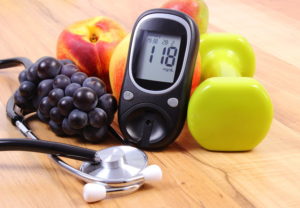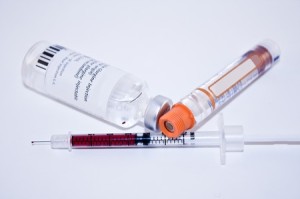The Role of Disease Management in Diabetes Care
 According to the Centers for Disease Control, diabetes is the most costly chronic condition in the United States. Diabetes is the 7th leading cause of death in the U.S. and affects over 34 million people in the country each year. Another 88 million are prediabetic, including 20% of American teenagers and 25% of adults aged 19-34. This adds up to $327 billion in healthcare costs related to diabetes each year and is climbing, with over half of those costs paid for by the Medicare system. Read More
According to the Centers for Disease Control, diabetes is the most costly chronic condition in the United States. Diabetes is the 7th leading cause of death in the U.S. and affects over 34 million people in the country each year. Another 88 million are prediabetic, including 20% of American teenagers and 25% of adults aged 19-34. This adds up to $327 billion in healthcare costs related to diabetes each year and is climbing, with over half of those costs paid for by the Medicare system. Read More


 Living with Type 2 Diabetes can be tough. From daily finger pricks to oral medication or even insulin, managing diabetes is an all-day, everyday thing. But with a few lifestyle tweaks, you can take control of managing your diabetes and start living a better life.
Living with Type 2 Diabetes can be tough. From daily finger pricks to oral medication or even insulin, managing diabetes is an all-day, everyday thing. But with a few lifestyle tweaks, you can take control of managing your diabetes and start living a better life.


 Diabetes has become an epidemic in America, with about one million Americans suffering from Type 1 diabetes. A brand new study has now transformed the mindset regarding diabetes treatment in the United States and supplied diabetes patients with new hope regarding lasting health and wellness.
Diabetes has become an epidemic in America, with about one million Americans suffering from Type 1 diabetes. A brand new study has now transformed the mindset regarding diabetes treatment in the United States and supplied diabetes patients with new hope regarding lasting health and wellness.

